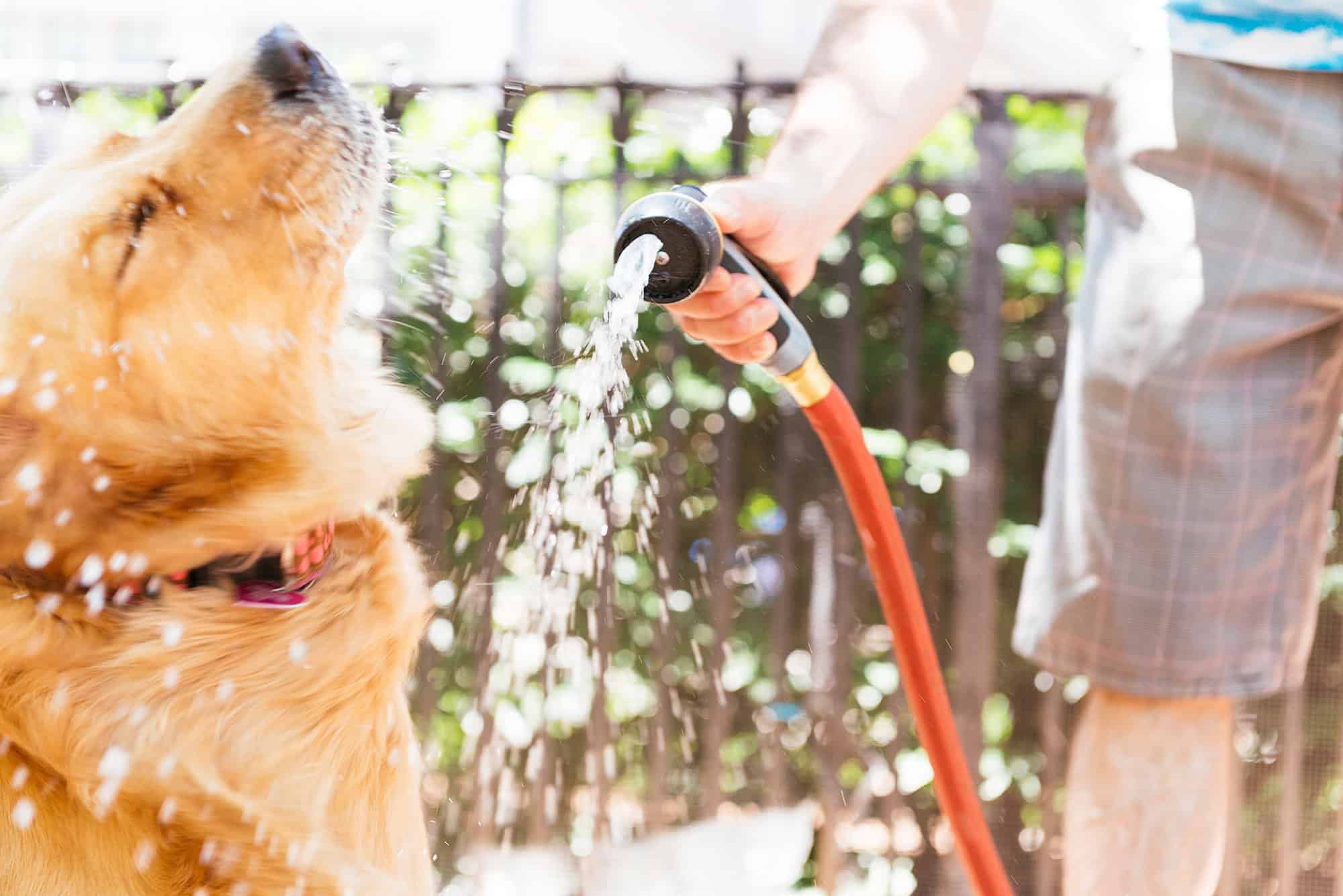Preventing Dehydration in Pets
 Water is something many of us take for granted and yet it is the very stuff of life, comprising up to 80 percent of the body. There’s no doubt we need water to live and the same is true for our furry friends. To keep your pet protected against dehydration year-round, read up about the signs of dehydration in pets and what you can do to encourage better hydration in your dog or cat.
Water is something many of us take for granted and yet it is the very stuff of life, comprising up to 80 percent of the body. There’s no doubt we need water to live and the same is true for our furry friends. To keep your pet protected against dehydration year-round, read up about the signs of dehydration in pets and what you can do to encourage better hydration in your dog or cat.
The Facts About Dehydration in Pets
Dehydration occurs in animals in the same way it occurs in people; the body loses more water than it is taking in. This process causes a number of physiological consequences, including disruption of blood flow and oxygen to the organs and electrolyte imbalance.
Dehydration can occur from panting/respiration, vomiting, diarrhea, and sweating… Or by not consuming enough water in general, which is quite common in cats. Some illnesses also cause increased thirst/urination and risk of dehydration, such as diabetes and kidney disease.
Signs that your pet may be dehydrated include:
- Loss of appetite
- Sunken eyes
- Tacky, pale gums
- Fatigue
- Dry nose
- Decreased defecation/urination
If your pet isn’t obese, another good gauge is to gently pull the loose skin between the shoulder blades and at the back of the neck. When you let go, the skin should quickly settle into place; when dehydrated, the skin is slow to return.
Dehydration should be treated as a serious medical condition, and depending on how severe the dehydration is, your pet may need IV fluid support and observation. Please phone us if your pet is exhibiting these symptoms.
Take extra care with pets who dehydrate easily, such as young puppies/kittens, senior pets, brachycephalic breeds, and pets with compromised health.
Promoting Hydration
On average, dogs should consume an ounce of water for every pound he or she weighs each day; cats need between 5-10 ounces of water. One of the best ways to promote more water consumption is through a wet diet, since it has a high moisture content. However, wet food it isn’t suitable for all pets so please consult with your veterinarian before switching.
Cats can be particularly tough to please when it comes to drinking water, so you may want to consider investing in a pet water fountain/dispenser (cats love running water!) or adding a bit of broth or tuna water to your cat’s bowl.
As the temperatures heat up, be sure to take extra, clean water on walks or road trips specifically for your pet, and watch for the signals of heat stress, such as panting and fatigue, and seek air conditioning if your pet seems uncomfortable outside. Playtime or exercise should generally take place during cooler times of day, but look for an ample amount of shade for UV and heat protection.
Dehydration can become an emergency situation when allowed to worsen. Keep your pet cool and hydrated this summer, and check with us if your pet has had bouts of vomiting or diarrhea, as these conditions can escalate to dehydration.
Please phone the team at Rocklin Ranch with any other questions relating to dehydration in pets, or any concern you might have.

